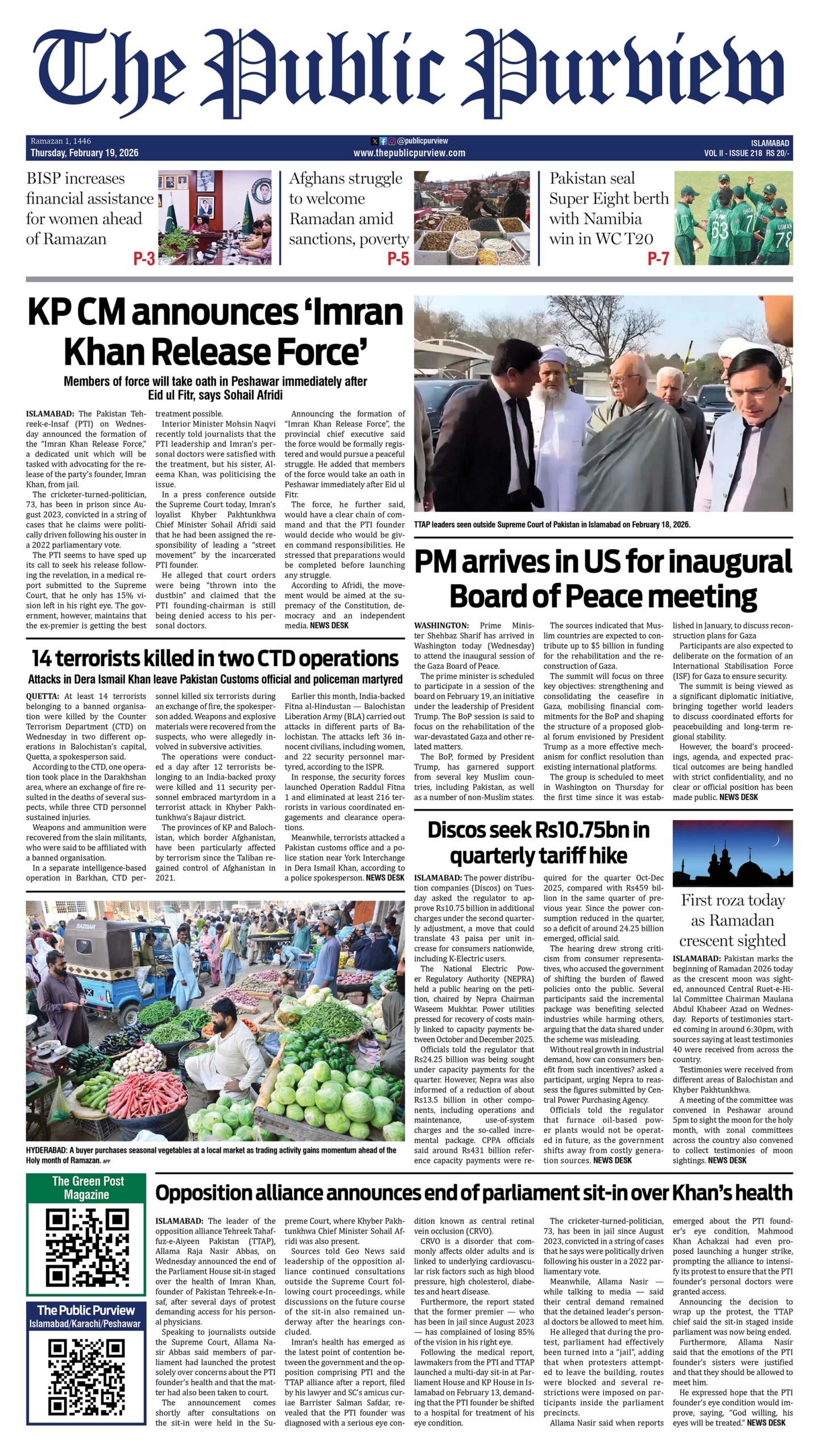Abid Saeed
Islamabad: Cybersecurity firm Kaspersky has warned students and professors about a new wave of phishing attacks as the academic year begins. Fake university login portals are being used to steal credentials, risking personal, academic, and financial data.
Fake Portals Targeting Universities
Attackers are creating fraudulent webpages that closely copy official university login systems. These phishing links appear in emails or search results, tricking users into entering their usernames and passwords.
Once compromised, accounts can be locked by hackers, blocking access to course materials, fee payment systems, and email. Cybercriminals may also use stolen accounts to spread phishing emails within the university network.
META Region Under Attack
The attacks have already targeted several institutions across the Middle East, Türkiye, and Africa (META). Kaspersky noted that universities are especially vulnerable due to their heavy reliance on digital platforms and the surge in online activity at the start of the semester.
Expert Advice
“These fake portals look convincing and exploit the trust students and professors place in their institutions,” said Olga Altukhova, Senior Web Content Analyst at Kaspersky. “We urge the academic community to double-check the web addresses of their university login pages.”
How to Stay Safe
Kaspersky has shared practical tips for students and faculty:
-
Enable multi-factor authentication (MFA) on university accounts.
-
Use a password manager that also generates one-time codes for added security.
-
Install a reliable security solution such as Kaspersky Premium.
-
Verify scholarships, giveaways, and offers by checking official contact details.
-
Use only official university websites and trusted platforms for payments and applications.
Growing Cybersecurity Concern
Phishing attacks against students highlight the rising cybersecurity risks in the education sector. With more institutions relying on digital systems, experts stress the need for awareness and preventive measures to protect sensitive academic data.







 Today's E-Paper
Today's E-Paper